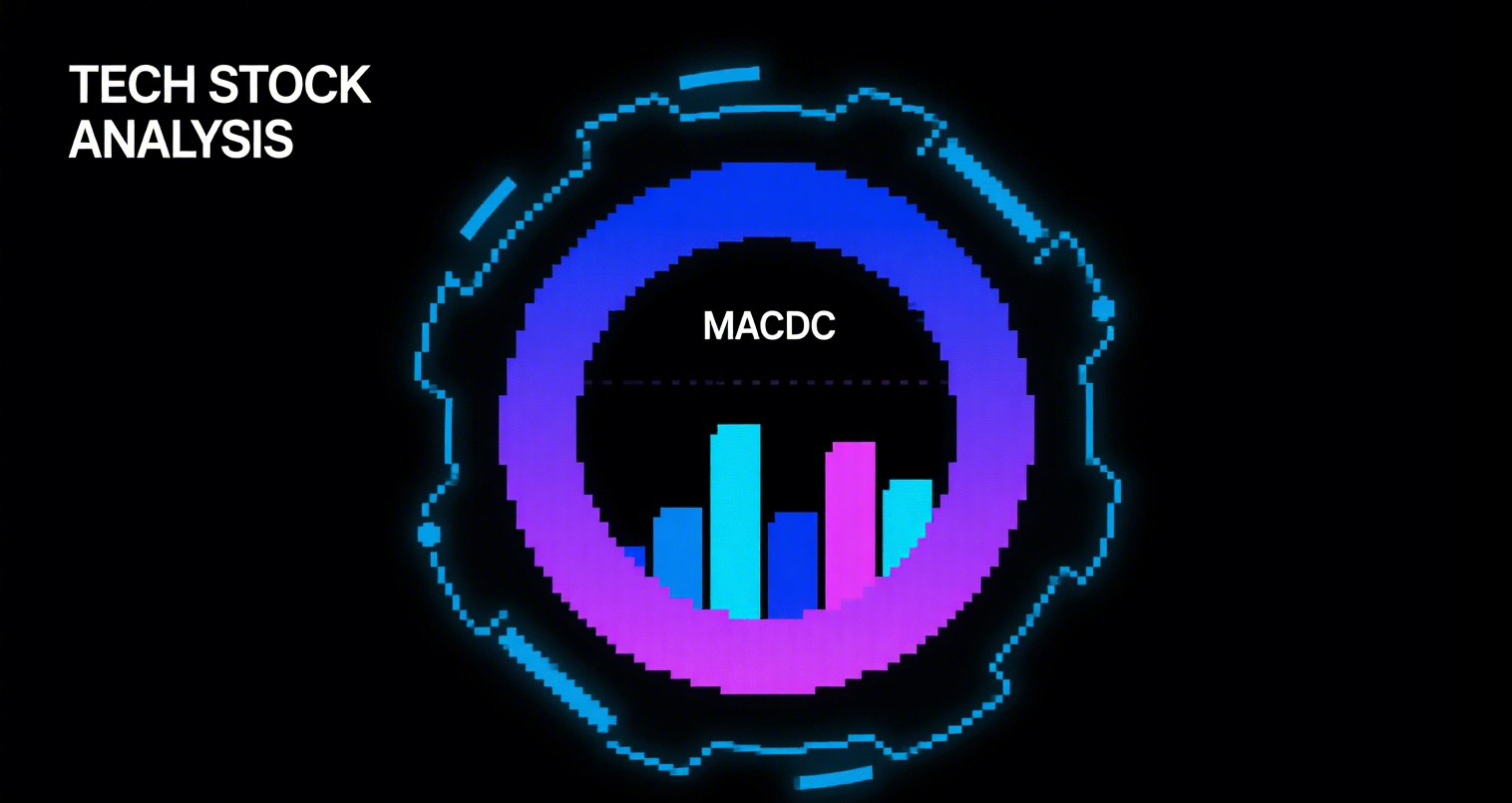
Japan Claims US Tariff Announcement Inconsistent with Agreement, Demands Correction
According to a report on Nikkei Asian Review, on the morning of August 6 (Japan time), Japan’s Minister for Economic Revitalization, Akazawa Ryosei, who is visiting the U.S., told reporters that the official U.S. announcement on tariffs set to take effect on August 7 is inconsistent with the previously agreed Japan-U.S. deal and would impose higher tariffs on Japan. Japan has requested the U.S. to correct this.
On July 22, the U.S. and Japan reached a trade agreement, under which Japan would be subject to a so-called "reciprocal tariff" rate of 15%. Since the "reciprocal tariff" includes a 10% "base tariff" already in effect since April, Japan’s tariff rate would increase from 10% to 15% starting in August.
Akazawa stated that Japan had repeatedly confirmed with the U.S. that for goods with existing rates below 15%, the total rate after the August increase should be 15%. However, the recent U.S. government announcement indicated that Japanese goods already subject to tariffs would face an additional 15% on top of the existing rate, which contradicts the agreement and disadvantages Japan.
Akazawa emphasized that he would "demand an explanation from the U.S. regarding the process and ensure the implementation of the agreed terms."
He also mentioned that Japan and the U.S. had agreed to reduce tariffs on automobiles and auto parts to 15%, but the exact timing remains undecided. His urgent mission during this visit is to push the U.S. to implement the reduction as soon as possible. He previously stated that Japanese automobiles and auto parts currently face a 27.5% U.S. tariff, causing massive daily losses to related industries.
Regarding Japan’s commitment in the trade deal to invest $550 billion in the U.S., President Trump recently stated that the U.S. could use the funds freely for various investments. Akazawa responded that Japan could not cooperate if the investments did not benefit Japanese companies and the Japanese economy.
















